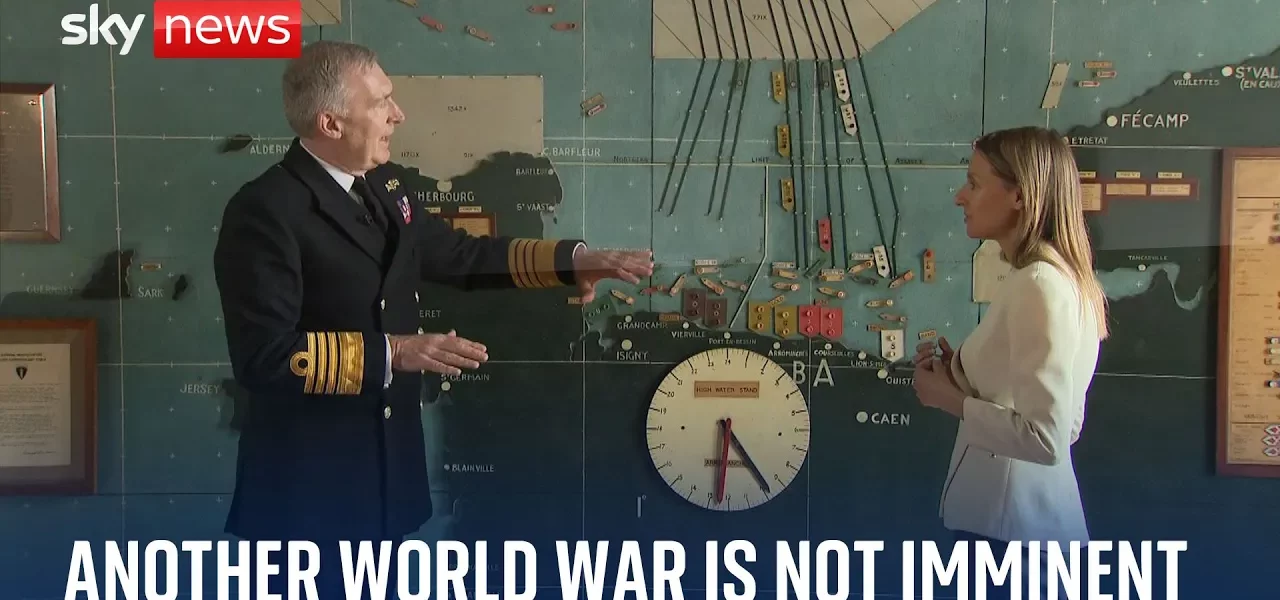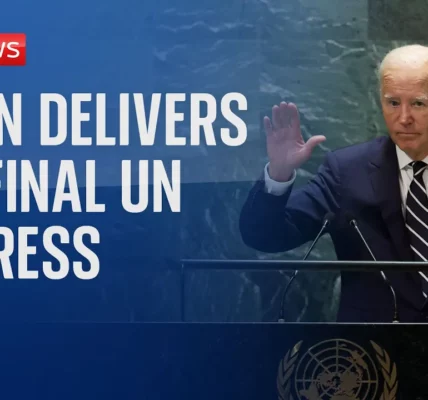150,000 Soldiers in One Day: Reflections on D-Day and Modern Geopolitics

This article delves into the historical significance of D-Day, the strategic military operations of June 6, 1944, and the contemporary challenges facing nations today as they respond to geopolitical tensions, particularly in relation to Ukraine and Russia.
Introduction to D-Day: A Historical Overview
D-Day, which occurred on June 6, 1944, marked one of the largest amphibious military assaults in history. Over 150,000 Allied troops landed on the beaches of Normandy, supported by 7,000 ships and over 2,000 aircraft, setting the stage for the liberation of Western Europe from Nazi occupation. This monumental event not only showcased the bravery and determination of the troops involved but also highlighted the intricate planning and coordination required for such a large-scale operation. As we reflect on this pivotal moment, we draw parallels to modern conflicts, including the ongoing situation in Ukraine and the response of nations to aggression.
Reflections from Britain’s Defense Chief
In a recent discussion, Britain’s defense Chief recounted the heroics of D-Day while emphasizing the importance of national pride and commitment. He noted that if called upon today, the nation would likely respond with the same valor as it did 80 years ago. This sentiment underscores the enduring spirit of cooperation and resilience among nations when faced with threats.
Comparative Analysis: WWII and Modern Conflicts
The defense Chief drew significant parallels between the Allied actions during World War II and the collective response to the current crisis in Ukraine. Just as the Allies united against the Nazi regime, nations today are coming together to support Ukraine in its fight against Russian aggression.
- War of Economies: Sustaining economic support for Ukraine against a larger adversary.
- War of Logistics: The importance of supply chains in modern military strategy.
- War of Political Will: The need for unified political resolve among allied nations.
Confidence in Ukraine’s Resilience
The defense Chief expressed a strong belief in Ukraine’s capacity to endure and ultimately succeed in its ongoing struggle. He projected that by the end of June, Russia would have suffered significant casualties, challenging the initial assumptions of a quick victory. This outlook is shaped by the prolonged nature of the conflict, which has already lasted over 800 days.
Support for Ukraine: A Continuous Effort
Maintaining support for Ukraine is critical, especially amid shifting political landscapes and upcoming elections. The commitment of allies to Ukraine’s defense is paramount, as the conflict has implications beyond its borders.
Geopolitical Tensions: The Role of NATO
As Britain and its allies prepare to commemorate D-Day, the current geopolitical climate, especially regarding Russia and NATO, remains tense. The defense Chief reassured that while aggressive posturing from Russia is concerning, the likelihood of a direct conflict with NATO is low. He emphasized that Putin does not seek a nuclear confrontation and that NATO’s collective strength serves as a formidable deterrent.
Interception of Threats: A Testament to Allied Cooperation
The recent interception of missiles and drones targeting Israel demonstrated the effectiveness of collaborative defense efforts among the US, UK, and other allies. This successful operation highlights the advanced capabilities and coordination that have been developed among allied nations.
Conclusion: Reflecting on the Past, Preparing for the Future
In conclusion, the reflections on D-Day serve not only as a reminder of the sacrifices made during World War II but also as a call to action for current and future generations. The parallels drawn between the past and present underline the necessity for continued support and solidarity in the face of aggression. As geopolitical tensions persist, it is crucial for nations to remain vigilant and united, ensuring that the spirit of D-Day lives on in today’s global landscape. We invite you to further explore related topics on our website such as the significance of NATO in modern conflicts and historical military strategies that shaped the world.
“`




